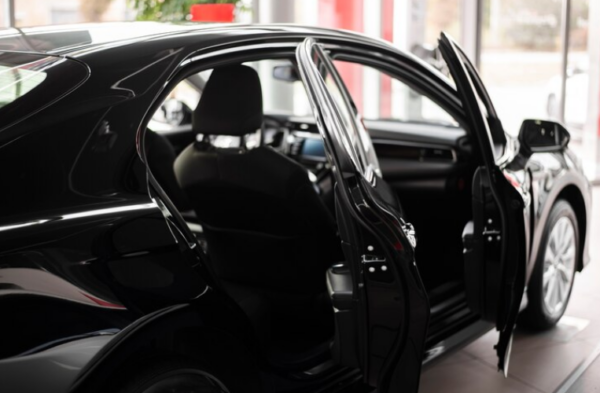Buying a used car is the best way to have a dependable one without the exorbitant price tag attached to a new one. However, if not handled with caution or walked in with eyes wide open, it can turn out to be riddled with traps. Whether you go to a used car dealer or buy from an individual owner, it is not difficult to be on the right track towards a highly informed decision. This guide contains critical tips that will help you successfully delve into the intricacies of the used vehicle market and leave you driving off in a great gem, not a lemon.

Understanding Vehicle History
Before you even take a used car for a test drive, it’s crucial to delve into its past. A comprehensive vehicle vin check can reveal much about the car’s history that the seller might not disclose. This includes prior accidents, service history, and whether the car was subject to any recalls. Such checks can prevent future expenses and ensure the vehicle meets safety standards.
A Vehicle Identification Number, or VIN, is a unique code with a serial number used in the automotive industry for identifying motor vehicles, towing vehicles, motorcycles, scooters, and mopeds. The VIN is an alphanumeric identification that consists of 17 characters and serves a couple of very important reasons that guarantee the legality of the vehicle and its history and help recover it in case of theft.
VinInspect provides the much-needed service of giving comprehensive vehicle history reports to prospective buyers. The reports will, based on the VIN of the car, include any car accident history, previous ownership and title status, and accurate mileage. The platform saves consumers from so many potential problems related to salvage titles, odometry fraud, or concealed damage with potential long-term issues.
Setting a Budget
The first step in buying a used car is budgeting. In your budget, include not only the purchase price but also all the other added expenses that may arise, such as taxes, insurance, and immediate repairs. Having set a budget will help to cut down options and prevent financial strain.
Choosing the Right Car
Consider your needs: are you looking for a fuel-efficient car to commute, or will you be in need of something that fits an oncoming family? Research models that will go well with your lifestyle and have overall good reports for being reliable and having lower maintenance costs.
Inspecting the Vehicle
When buying a used car, one has to conduct a thorough inspection. Check the body for signs of rust, check at the condition of the tires, and generally the state of the engine. Take a look into the hood for any leaks or worn belts. Inside, test into all the electronic features from windows and locks to also the air conditioning and sound system. It would be smart to have the car checked by your mechanic before you make your purchase to reveal any of the possible issues that don’t jump out at the naked eye.
Test Driving the Car
A test drive will tell you much about the condition of the car. Note how the car handles: acceleration, braking, alignment. Listen for unusual noises and feel if the drive is vibrating and shaking. This might be a sign of faulty suspension or engine mounts.
Negotiating the Deal
Along with the history of the vehicle, its inspection results, and a clear idea about its market price in hand, you put yourself in an authoritative position. You mustn’t hesitate to ask for a lesser price for which you have very well espied issues that will require investment after purchase. Be ready to walk away if the deal does not suit your requirements or fit your budget.
Conclusion
Purchasing a car needs lots of forethought and attention to minute detail. Right from making a proper history check of the vehicle to getting a detailed inspection and test drive, all the steps are very critical for making an informed purchase. These pointers will safeguard your investment and ensure your used car is good to go for the foreseeable future. Remember, knowledge is power in the used car market, and being well-prepared can lead to a satisfying and economic vehicle ownership experience.
In purchasing a used car, equipping yourself with knowledge and taking your time are your best strategies. With the right approach, you can find a reliable, affordable vehicle that meets your needs and provides peace of mind.









